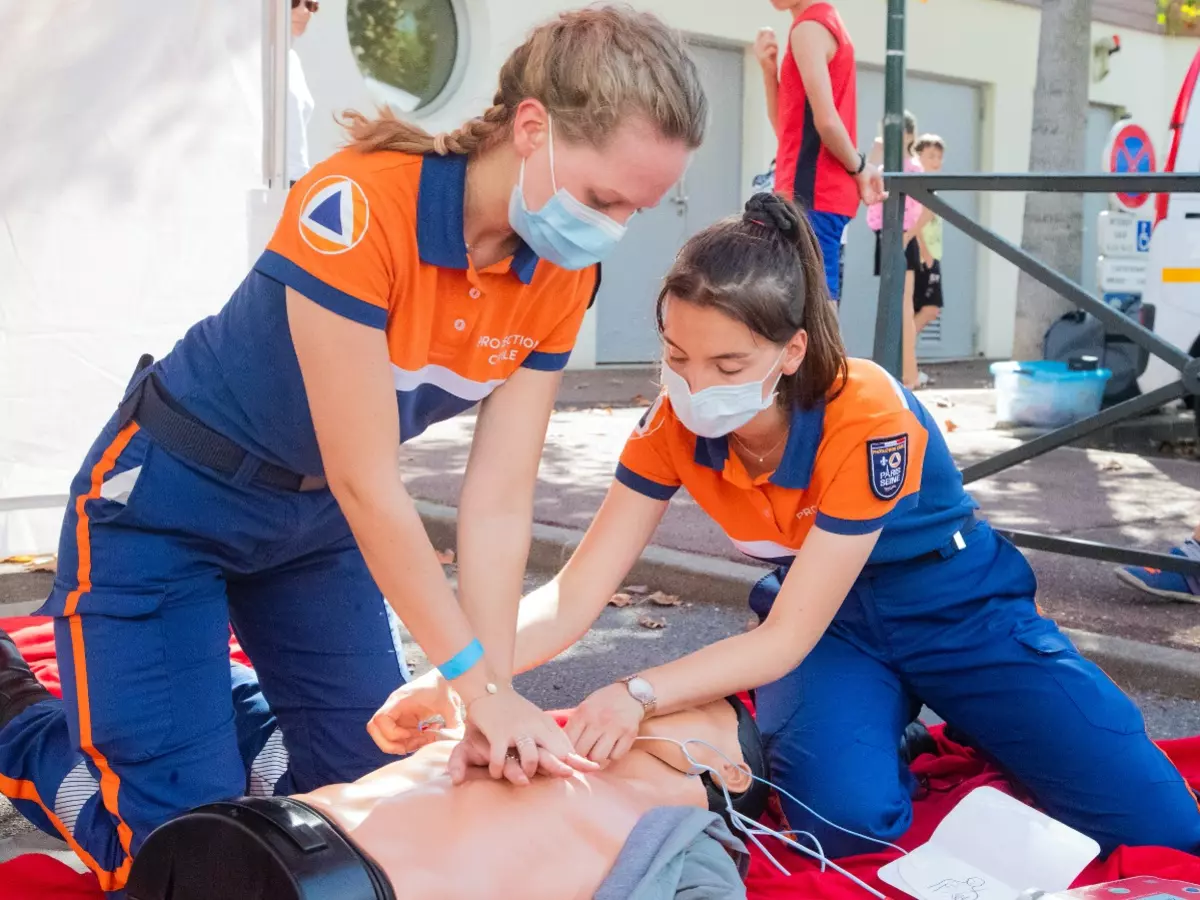Health Check! How To Keep Your Heart Healthy And Prevent Cardiac Arrest
Many people who are even in their 20s and 30s are facing cardiac arrests. Here is what you can do to prevent it.

Everyone is getting more conscious about taking care of their health and that's a good thing, especially considering how even the healthiest people¡ªincluding those in their 20s and 30s¡ªcan face major issues like cardiac arrests. The sudden and unexpected stopping of your heart can be a terrifying thought. But knowledge is power, and proactive steps can significantly lower your risk.
As per the World Health Report 2023 which was released by the World Heart Federation, cardiovascular diseases (CVDs) are the leading cause of death and one of the major causes of disability.
How to prevent cardiac arrest
There are several lifestyle choices you can make daily that can help prevent cardiac arrest. Let's explore some key ways to build a wall of defence against this silent threat:
Definitely ditch smoking
Time and again, it has been advised by experts and even the box of cigarettes covers how smoking kills. Literally. Smoking damages your heart and blood vessels, raising your risk. Quitting, even after years, dramatically reduces your chances of cardiac arrest.
 Unsplash
Unsplash
Eat healthy food
Embrace a heart-healthy diet rich in fruits, vegetables, whole grains, and lean protein. Limit saturated and trans fats, sodium, and sugary drinks. These foods can not only lead to bad health but also can block arteries leading to cardiac arrest.
Make sure you exercise
Exercise leads to your heart pumping and that is a good thing. Aim for at least 150 minutes of moderate-intensity exercise weekly. Brisk walking, swimming, cycling ¨C choose activities you enjoy and stick with them.
 Unsplash
Unsplash
Manage your stress levels
Chronic stress can take a toll on your heart. Practice relaxation techniques like meditation, yoga, or deep breathing to stay calm and collected. Also, keep a check on your overthinking.
Maintain a healthy weight
Obesity puts extra strain on your heart. Work with your doctor to achieve a healthy weight through diet and exercise. It is not an unachievable course of action unless there are other underlying issues such as thyroid, PCOS or any other practice.
Do not neglect signs from your body
Get regular checkups and address any health concerns promptly. High blood pressure, cholesterol, and diabetes are risk factors for cardiac arrest, so managing them with your doctor is crucial.
 Unsplash
Unsplash
Additional precautions
In addition to lifestyle changes you can make to your body, there are other precautions that can help you in times of need. Here are some:
Know your family history
Familiarity with family heart issues can alert you to potential risks. So, in order to be on top of the problem, talk to your doctor about screening for underlying conditions.
Learn CPR and AED use
Knowing how to react quickly in an emergency can make a life-or-death difference. Consider getting trained in CPR and AED use. This will not only help during a case of cardiac arrest but is a skill which can come in handy at a time of need.
Consider implanted devices
In some cases, your doctor may recommend implantable cardioverter-defibrillators (ICDs) or other devices to monitor and regulate your heart rhythm if there has already been an underlying problem.
 Generated on DALL.E
Generated on DALL.E
These are just steps, not guarantees. Cardiac arrest can strike anyone, even seemingly healthy individuals. But by embracing a preventive lifestyle and taking proactive measures, you can significantly stack the odds in your favour.
